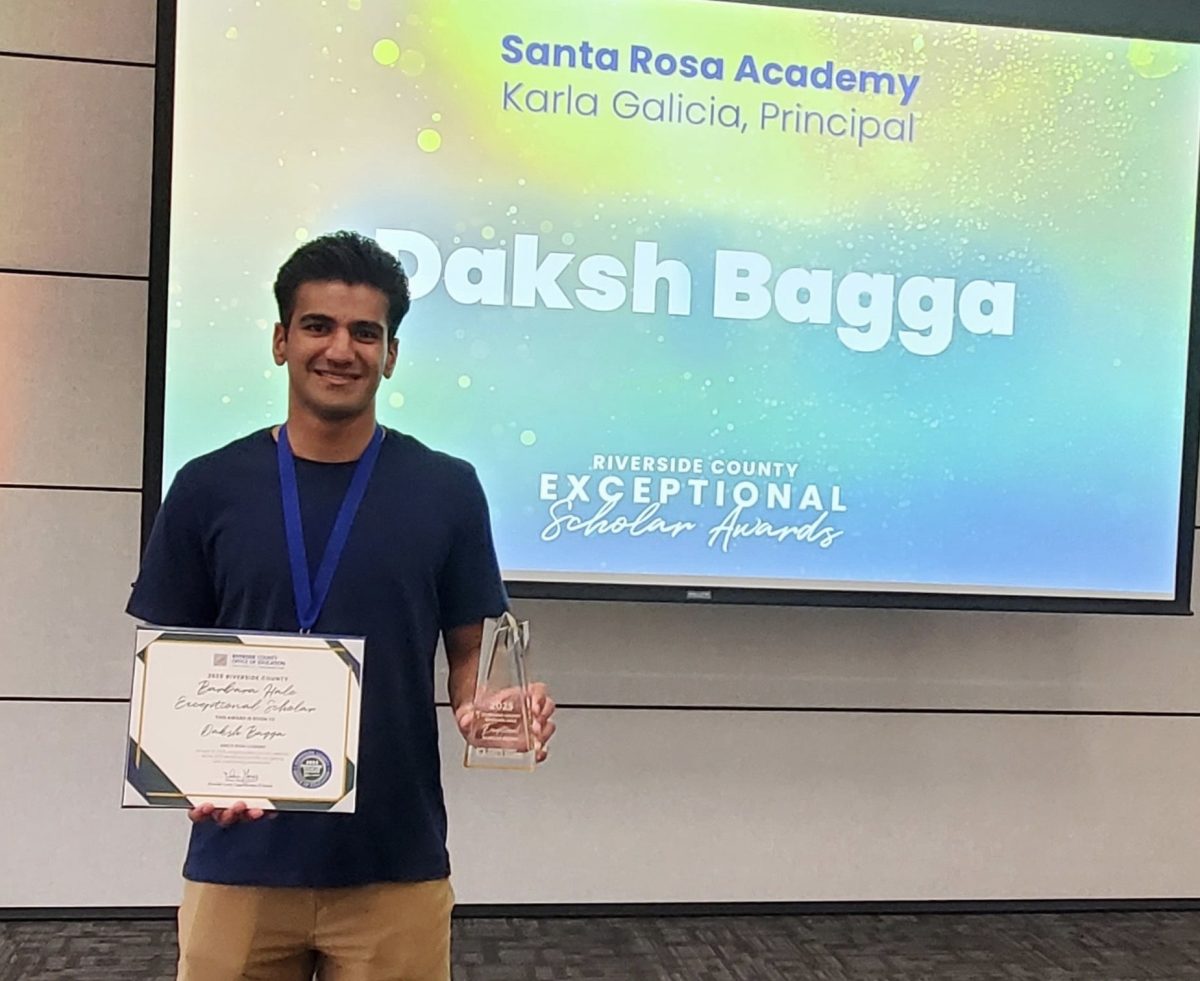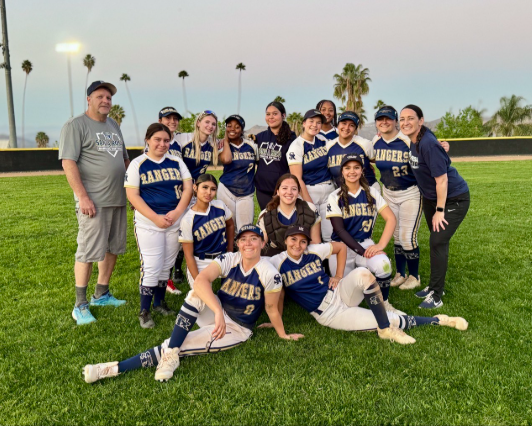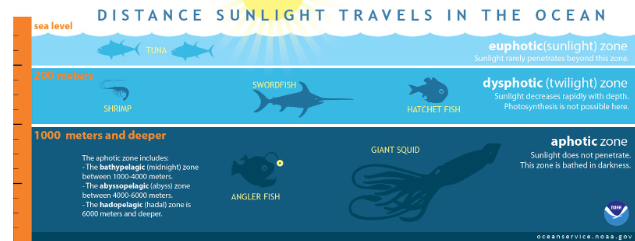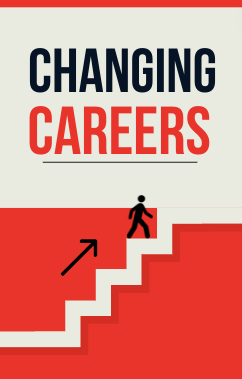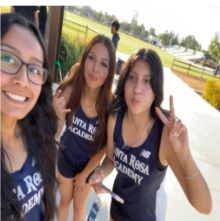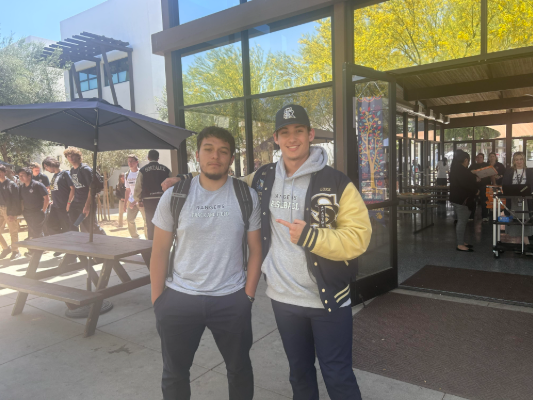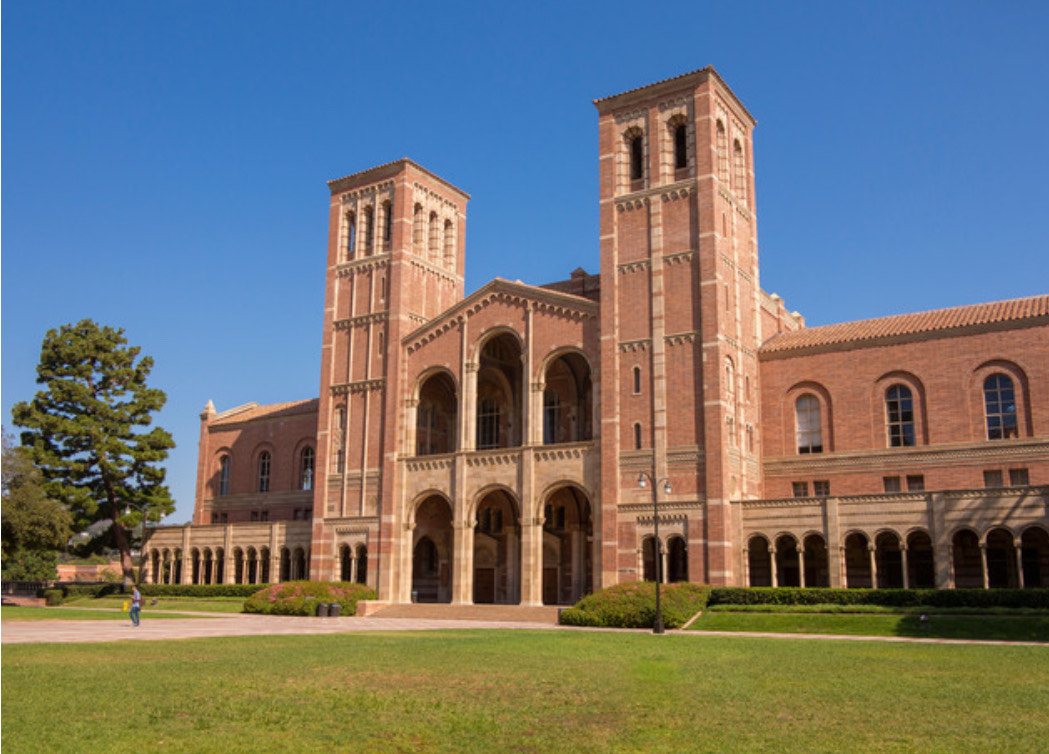University, or community college? Let’s understand why it’s okay for young people to take a different direction before deciding. It’s certainly hard to choose in a society that typically values going directly from grade twelve to a four-year degree program. Many teenagers nowadays opt for non-school activities before continuing with a college education, and numerous strong arguments illustrate that such behavior is quite correct.
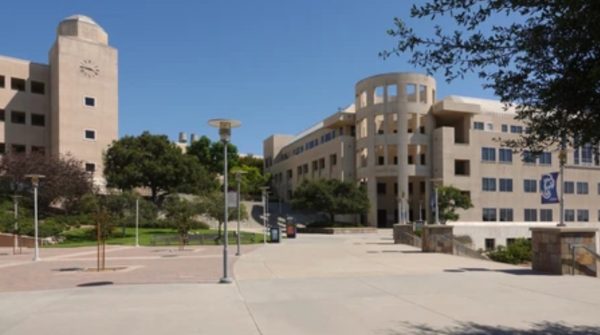
As it turns out, it might be smarter to attend a two-year college before going to a university to finish your major. Completing your general education in a community college will not only be cheaper, but it will provide the same level of education that a university would offer. What many universities excel in are career pathways, which you would complete after your attendance, and transfer from a local two-year college. It is not necessary, nor the most cost-friendly option, to opt to go straight to a four-year college from high school. It may also benefit your mental health.
Devoting time to hobbies and learning from practical situations may actually help people discover themselves properly and understand their aims and attachments. Such breaks as gap years, internships, travel, or first jobs can provide personal development changes that may not be found in school walls. Permitting adolescents to explore various surroundings and diverse cultures, they get essential facts about themselves and the whole universe at large. In the future, as they enroll in higher institutions, they have more targeted and considerable education programs due to possessing knowledge of their hobbies and future jobs as well.
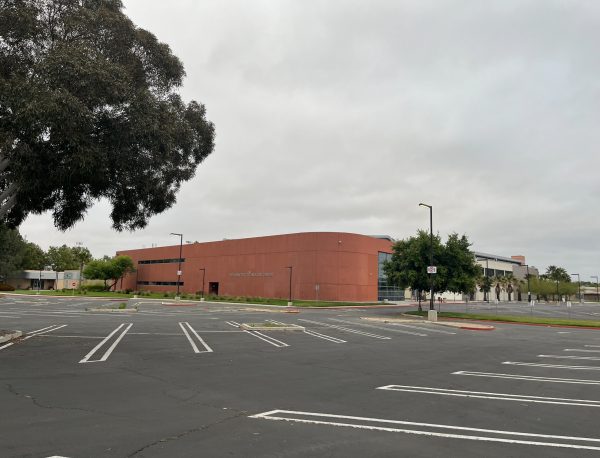
By allowing young adults to step outside their comfort zones and experience different environments and cultures, they can gain valuable insights into themselves and the world around them. This self-discovery can lead to a more focused and fulfilling college experience later on, as students have a better understanding of their interests and career aspirations.
“The Gen Ed would be the same regardless,” mentions Santa Rosa Senior Julian Martinez. “It would only make sense…”
Students can reduce some financial stress and begin the next phase of their lives more comfortably in addition to starting to work and saving to finance higher education. Moreover, community colleges and vocational schools provide cheaper ways of earning credits for degree programs and acquiring meaningful skills essential for lucrative employment than four-year colleges.
“I think that going to two years to get your prerequisite classes out of the way is a great plan and idea. I would be doing the same thing myself if I wasn’t committed to GCU.” senior Sam Torres said, “Thanks to the programs at my future college I wont have as many prerequisites and cost isn’t a huge factor thanks to their scholarship programs. That’s just how my after highschool education worked out for myself but I would highly recommend going to a two year college first.”
Fresh out of high school, being employed at 18 can be a good source of practical experience, useful contacts, and ideas that resonate well with employers. Apprenticeships, internships, and first jobs enable young people to have a feel of their professions and build up the pragmatic capabilities they require in coping with today’s employment scene.
A SRA student said, “There’s such a stigma around going to a 4-year, I honestly just want to get a job and then figure it out from there. I’m not lazy or anything, I just want to get money so I can support my own education.”
Employers consider real-world exposure as important if not more important than college education, especially for industries that require practical knowledge or specific qualifications based on job details and functions. This enables the youth to lay a strong ground upon which they may base their future academic goals, as well as job choices.
Many people follow the usual way of attending college, but we have to remember that there are other ways to be successful. It’s fine to make your own direction in life as far as a fulfilling and rich future is concerned; this may be by taking a break from school, working, or trying other forms of education.






